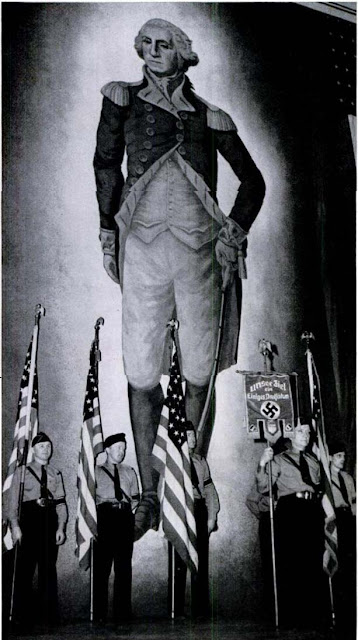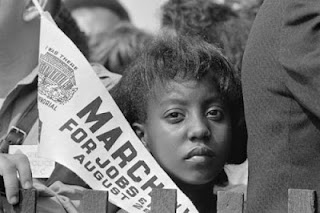by Nomad
A Question of Stability and Security
Before Trump became president, there were plenty of people- smart people- who were questioning his mental stability. All through his business career, Trump was always quirky, spreading nonsensical conspiracy theories to outlandish and bizarre claims. That was fine and it seems all he really wanted was to call attention to himself.
All that changed when he somehow wound up as president of the United States. It is no laughing matter.
Tony Schwartz, Trump's ghostwriter and a man who worked closely with the man, labeled the 45th American president a “sociopath.”
I think that now he has moved to a darker place. He was non-ideological when I knew him.. I think he’s drifted into that more for emotional and psychological reasons than for political and ideological reasons.New York Times reporter Maggie Haberman said on CNN last week:
"Something is unleashed with him lately. I don't know what is causing it, I don't know how to describe it."
Throughout this past summer, there were consistent reports leaking from the White House of Trump's erratic behavior. Those close to the president have in October spoke privately Trump, they say was “unstable,” “losing a step,” and “unraveling.”
Professionals too weighed in.
A group of 27 psychiatrists and mental health experts recently warned that “anyone as mentally unstable as this man should not be entrusted with the life-and-death-powers of the presidency.”
With denials of things he has already apologized for and with his excuses becoming more and more absurd, those drumbeats are growing stronger and stronger. Is the president insane and if he is, what are the steps to removing him from office?




